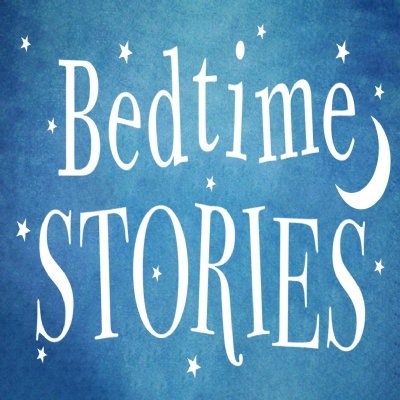Year One Visit Hilldene
Year One were very excited to visit their local library! The librarian, Viv, was just as excited as we were. She wanted to tell the children all about the library and what it has to offer them. This children were surprised to hear that it was free!
Lots of the children had already visited the library, but all said that they wanted to come back.
Viv read the children some stories and explained all about the books. There were some interactive books, picture books and some very challenging books. Each child got to choose a book to borrow and bring back to school. Next term we will visit the library again to change our books.
Things to try with your child
Sharing reading
1. It’s still good to share
Don’t give up on talking about picture books with your child and sharing that bedtime story or information book. It’s just as important now to enjoy reading these books together, as well as those that come home from school, to help develop your child’s vocabulary, their understanding of stories and to encourage a love of reading.
2. Read with expression
Read with expression when reading to your child. Use different voices and vary the volume for effect or for different bits of information such as, Did you know that the Tyrannosaurus Rex...? Wow! You’ll soon see that your child will then try these skills when reading to you!
3. Talk about books, words and pictures
Before reading a book together, always talk about the title, the pictures and the information on the cover (front and back). If it’s new, ask what your child thinks the book might be about. If it’s an old favourite then talk about the bits you love most! Don’t worry if some books get chosen again and again!
4. Retell stories or events
When reading aloud use lots of expression and try different voices for different characters. Get your child to join in with bits too, such as, ‘They pulled and they pulled!’ and ‘Fee, fi, fo, fom...’. See if your child can copy you!
Practising early reading skills
1. Listen to your child read
Books that your child brings home from school should be at the right level for your child. The words should be readable for your child – we say they are levelled reading scheme books. They are written to ensure steady progress and success. Many of these books include helpful notes for parents inside the front cover.
2. Sound it out
If your child gets stuck on a word, try
phonics first. Get your child to say the letter sounds and say them quickly to try to hear the word; this is called
blending. If the word can’t be sounded out then it’s best if you say it quickly and move on. If the book is at the right level then this should not happen too much.
3. Clap and chunk
Clapping out syllables or chunks in words and names can help with reading longer words: Di-no-saur! Cho-co-late! Or point out that some words are made up of two words, so wind and then mill makes windmill .
4. Try expression and flow
Your child’s expression might sometimes sound stilted on the first read of a sentence or a page. This is because they are focusing on making sounds into words. To keep your child hooked into the story, read it again with expression – after lots of praise, of course!
5. Don’t be afraid to back track
It’s sometimes good to get your child to re-read a sentence or even a page if it has been tricky to work out. This helps with meaning, flow and confidence – we all still have to do this sometimes!
6. Read, read, read!
It’s really important to read as much as possible with your child. Read the books that come home from school, borrow library books, buy books and magazines. Read signs and notices, and find interesting websites to read. And keep reading together at bedtime too!














